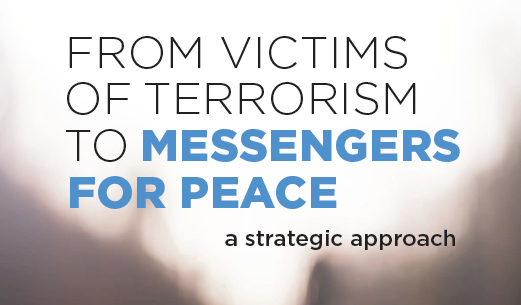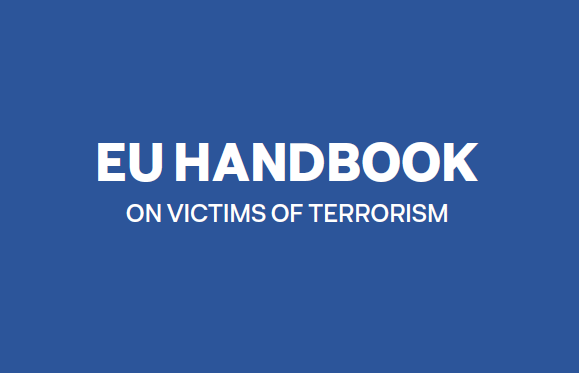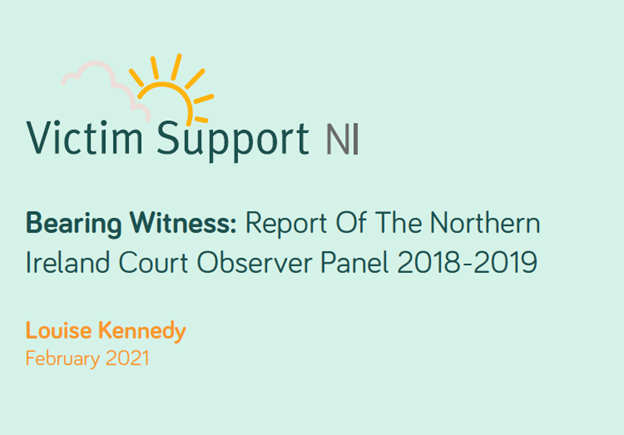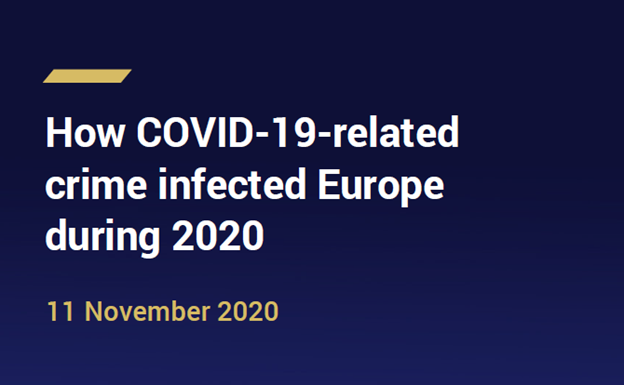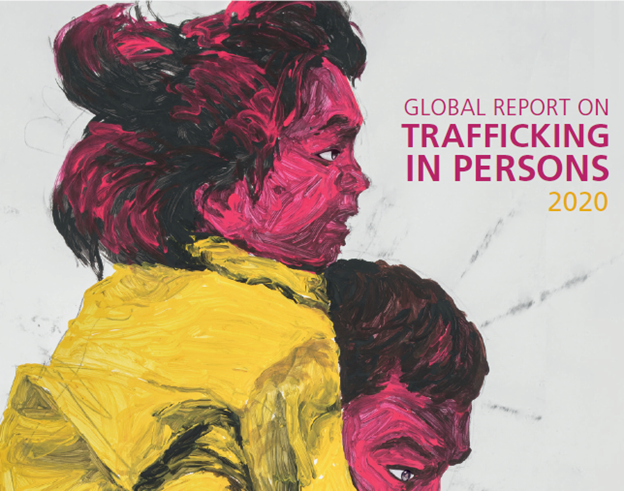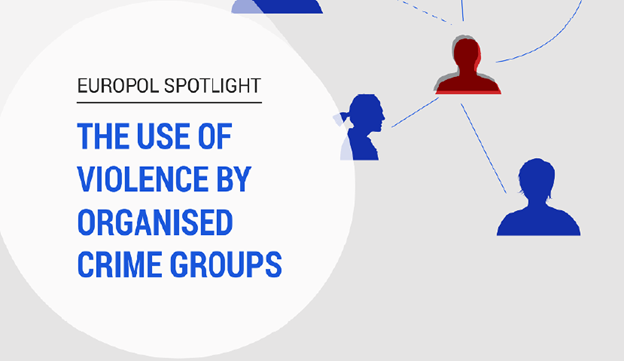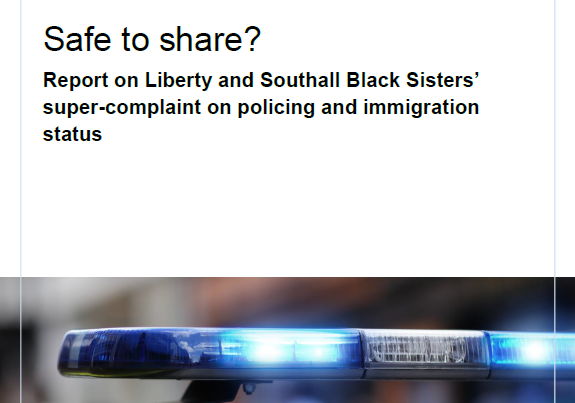For a quick search in the Knowledge database below, please use the search box. Also, note that using one or more of the dropdown filters will optimise your search.
Watch this video to find out more about our Knowledge Database and the publications we have collected here for you: video
Knowledge Database
-
From victims of terrorism to messengers of peace: a strategic approach
UN | Published in 2020
The present publication, From victims of terrorism to messengers for peace: a strategic approach, is aimed at enhancing the capacity of governments and other stakeholders seeking to increase support for victims of terrorism in general, and for those who are willing and ready to become messengers for peace in particular. The publication draws upon the work of the Victims’ Voices initiative, which was started in 2012 to allow victims of terrorism to share their unique experiences first-hand to help promote peace and delegitimize justifications for terrorist violence. Drawing on the results of victims’ direct engagements with over 8,000 youths across Indonesia, the Victims’ Voices initiative shows that victims’ stories are most impactful when shared directly by victims, of their own agency and in their own words. The initiative also underscores the need for victims’ rights to be respected and the necessity of a neutral platform through which victims of terrorism can connect with and engage different target audiences to bring about demonstrable positive impacts.
Keywords: capacity building, support, terrorism, victimisation -
EU Handbook on Victims of Terrorism
EUCVT | Published in 2020
The Victims’ Rights Directive, alongside provisions in the Counter-Terrorism Directive (Chapter V) and the Directive on Compensation, support a general framework of rights for victims of terrorism. The Counter-Terrorism Directive goes beyond the Victims’ Rights Directive to establish services supporting the specific needs of victims of terrorism. EU Member States are bound by these instruments, have the obligation to transpose them into national legislation and ensure that they are applied in practice. In doing so, each Member State must evaluate how to implement these provisions to ensure measures are appropriate to the specific situation/national circumstances. This Handbook aims to assist in the practical implementation of existing EU legislation, based on lessons learned from responses to previous terrorist attacks.
Keywords: support, terrorism, trauma, victim services, victims' rights -
Virtual Counter-Terrorism Week: Visibility Report
UNCCT | Published in 2020
The Virtual Counter-Terrorism Week brought together Member States, United Nations entities, civil society representatives, international and regional organizations, thought leaders, the private sector and other key stakeholders to improve our collective understanding of the impact and potential consequences of the COVID-19 crisis on the terrorism landscape, as well as Member States’ counter-terrorism needs, priorities and expectations.
Keywords: covid, terrorism, victimisation -
Bearing Witness: Report Of The Northern Ireland Court Observer Panel 2018-2019
Victim Support NI | Published in 2021
Victim Support NI has been concerned about the treatment of sexual violence victims for many years. In over 40 years supporting victims of crime we have witnessed first-hand the devastating impact that the criminal justice system can have on victims. Inspired by the Northumbrian example, and in a bid to independently evidence the experience here in NI, we decided to undertake a similar project. In order to gain an understanding of experiences across the region, we included all sexual violence cases running in any Crown Court.
Keywords: gender based violence, justice, sexual violence, trauma, victimisation, victims' rights -
How COVID-related crime infected Europe in 2020
Europol | Published in 2020
The report provides an overview of the impact the COVID-19 pandemic had on serious and organised crime and terrorism in Europe in 2020. It provides an analysis for various types of crimes, presents emerging trends and patterns.
Keywords: covid, crisis response, victimisation -
Global report on Trafficking in Persons
UNODC | Published in 2020
The report, covering 148 countries, gives an overview of patterns and flows of trafficking in human beings at the global, regional and local levels, including regional analyses and country profiles. The report then particularly focuses on child trafficking, forced labour and emerging patterns linked to new technologies.
Keywords: children, human trafficking, victimisation -
The use of violence by organised crime groups
Europol | Published in 2021
As recent studies and cases showed an important rise in the number of incidents linked to serious and organised crime, this report presents the emerging trends regarding the use of violence by OCGs, notably focusing on risks to the general public and the types of victims involved.
Keywords: organised crime, victimisation, violence -
EUROJUST report on Trafficking in Human Beings, Best practice and issues in judicial cooperation
Eurojust | Published in 2021
This report aims to respond to Member States concerns on difficulties regarding judicial cooperation on cross-border cases of human trafficking. It presents solutions used by the agency and suggestions for improving cooperation.
Keywords: cross-border crime, human trafficking, justice -
Safe to share? Report on Liberty and Southall Black Sisters’ super-complaint on policing and immigration status
HMICFRS | Published in 2020
Super-complaints provide a voice for designated bodies to raise concerns on behalf of the public about patterns or trends in policing that are, or appear to be, significantly harming the interests of the public. Liberty and Southall Black Sisters put forward this super-complaint about the treatment of victims of crime and witnesses with insecure immigration status. It focuses on how information about them is passed to the Home Office for immigration enforcement. HMICFRS, the College of Policing and the Independent Office for Police Conduct (IOPC) are responsible for assessing, investigating and reporting on police super-complaints. We have collaborated on the investigation and on drawing conclusions. This super-complaint is the first we’ve investigated. It is important because it raises complex concerns that may not otherwise have been a focus of our combined work.
Keywords: justice, migration, victims' rights -
Know Your Rights: A guide to help migrants understand their rights and how to assert them
MRN | Published in 2020
We have written this guide for all migrants living in the UK, including those without documents and those trying to regularise their immigration status, including asylum seekers. This guide is to help you understand your rights in a situation where immigration rules are changing regularly. It is also useful for anyone who cannot prove they are British or have Indefinite Leave to Remain, for example if you don’t have a passport or immigration documents. Other migrants, including those from the European Union, refugees and those with Limited Leave to Remain will also find it useful.
Keywords: migration, victims' rights
